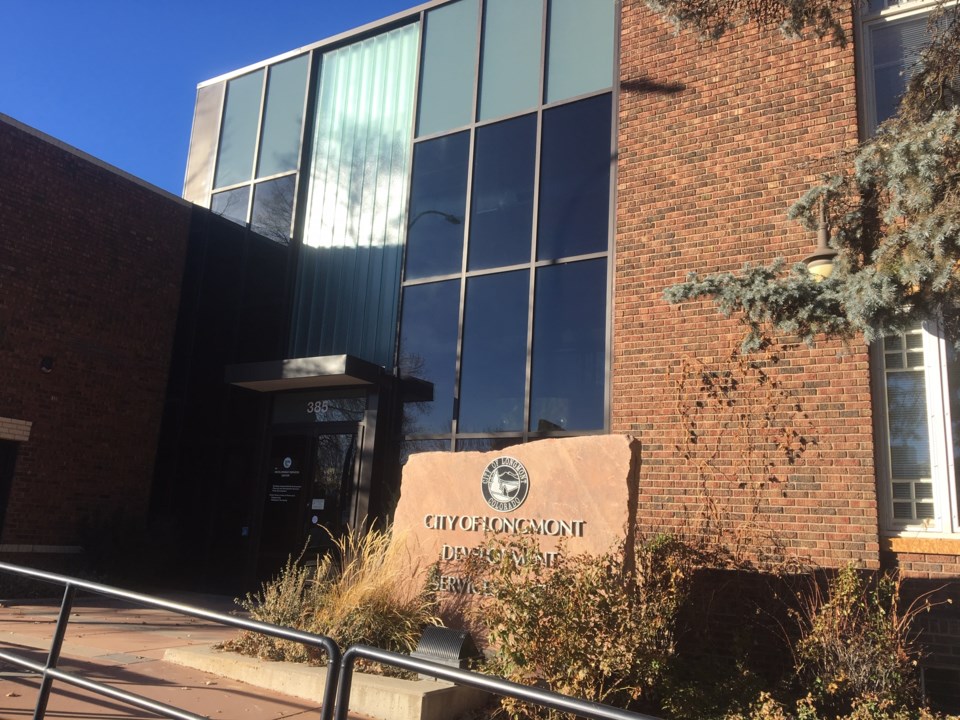Longmont’s planning and zoning commission will no longer hear testimony on certain topics until their public hearing.
On Wednesday, in a 5-1 vote, the commission approved an amendment to their bylaws giving the chair authority to prohibit public comment that concern upcoming quasi-judicial matters.
The planning and zoning commission at times acts in a manner similar to a judge, known as a quasi-judicial proceeding, which requires that the planning commission not consider any evidence received outside the record of the proceeding. These are also known as ex parte communications.
“The reason why we need this change is just to ensure the due process rights of applicants along with the public,” Assistant City Attorney Jeremy Tyrrell explained to the commission. “Ex parte communications don’t provide the applicant a chance to respond, and the public can’t respond to any ex parte communication by the applicant.”
Some common quasi-judicial proceedings that come before the planning commission include preliminary plat applications, rezoning applications, conditional use applications and variance applications.
The change was prompted by comments from residents in recent months, especially concerning the Bohn Farm development. Board Member Janell Flaig described a recent public comment that included a PowerPoint presentation and her belief that it went “too far.” Staff noted that previously made comments have put the city at risk of ex parte communications.
If an individual is stopped from commenting on a certain issue, the commission plans to make clear that comments or documents can be shared with staff to be included in the commission’s packet for the hearing or spoken during the public comment portion of the hearing.
Staff added that this change is consistent with other jurisdictions and should help protect the integrity of quasi-judicial hearings.
“The city attorney’s office believes the bylaw change is an appropriate balance of the public’s First Amendment right to free speech and required due process protections in quasi-judicial proceedings,” staff said in a memo.
Staff plans to alert the commission of upcoming quasi-judicial issues. This does not include all topics considered by the planning and zoning commission, but rather only quasi-judicial matters after the application has been filed with staff.
Staff estimated this means certain pending topics may not be discussed in general public comment at planning commission meetings for six to nine months.
Board Member Amy Saunders was the lone dissenting vote and raised concerns both with the process and the speed at which the change was being introduced and implemented — the commission voted on the topic before the public comment portion of Wednesday’s meeting.
“One of the most powerful tools we have is public invited to be heard, so I feel very protective of it,” she said.
The planning and zoning commission and city council are the only quasi-judicial bodies in Longmont’s government structure — other boards are considered advisory and so do not have the same legal restrictions. City council will see a similar rule change for quasi-judicial matters introduced for a first reading at Tuesday’s meeting.



